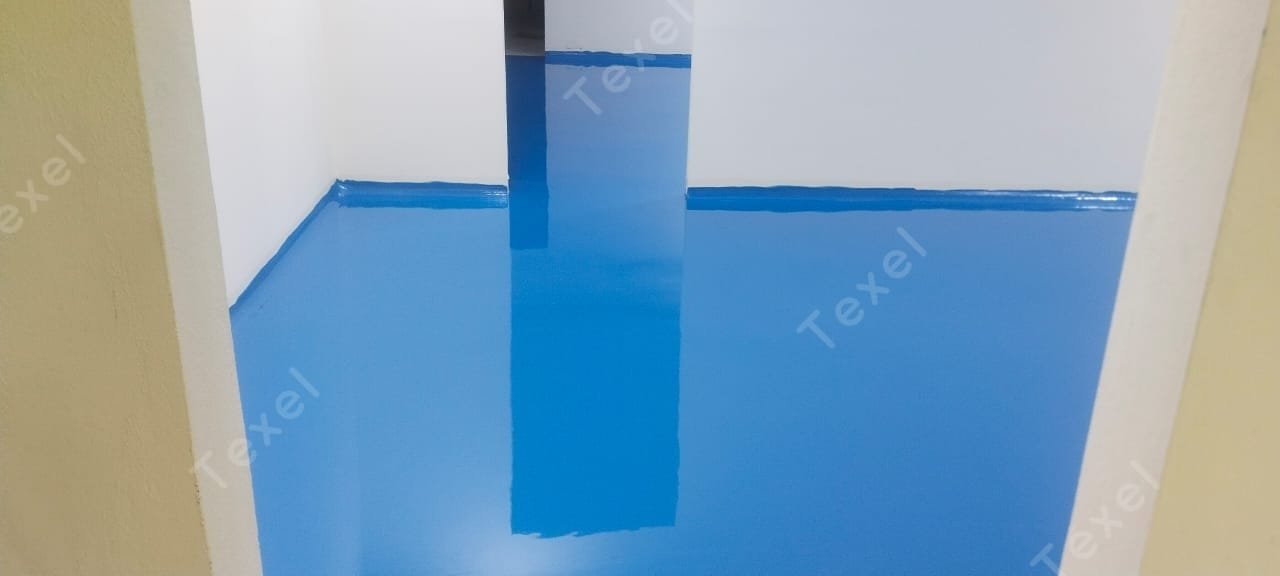IMPORTANCE OF EPOXY FLOORING IN LEATHER INDUSTRY
INTRODUCTION
In the leather industry, where high standards of
cleanliness, durability, and operational efficiency are crucial, the choice of
flooring plays a significant role in maintaining an optimal working
environment. Epoxy flooring has emerged as a critical component in meeting
these demands, offering a range of benefits tailored to the unique needs of
leather manufacturing and processing facilities.
HOW INDUSTRIAL EPOXY FLOORING ACTS AS AN
PERFECT SOLUTION FOR LEATHER INDUSTRY ?
Industrial epoxy flooring is often an excellent choice
for the leather industry due to several key advantages that align with the
needs of this sector:
v Durability
Leather production environments can be harsh,
involving heavy machinery and frequent foot traffic. Leather industry epoxy floor
coating is extremely durable and can withstand heavy loads without cracking or
showing signs of wear, making it ideal for such demanding conditions.
v Chemical
Resistance
The leather industry floors involves various chemicals
and substances, including dyes, oils, and acids. Epoxy floors are resistant to
these chemicals, preventing damage and making cleanup easier, which helps
maintain a safe and clean working environment.
v Ease
of Maintenance
Epoxy floors are non-porous and seamless, meaning they
don’t trap dirt, dust, or bacteria. This makes them easy to clean and sanitize,
which is crucial in preventing contamination and ensuring hygiene in the
production area.
v Slip
Resistance
The safety of workers is a top priority. Leather
industry flooring can be modified with anti-slip additives, reducing the risk
of slips and falls, which is particularly important in environments where
spills or wet conditions may occur.
v Aesthetic
Appeal
Leather industry flooring with epoxy can be customized
with different colors and finishes, allowing for a professional appearance that
enhances the overall look of the facility. This can also be useful for designating
different areas or creating a more organized workspace.
v Temperature
Resistance
In some leather processing methods, heat can be a
factor. Floors with epoxy coating are generally resistant to high temperatures,
making them suitable for environments where heat exposure is a concern.
v Long
Lifespan
Once installed, industrial epoxy flooring can last
many years with minimal maintenance. This long lifespan is cost-effective in
the long run and reduces the need for frequent repairs or replacements.
v Installation
Efficiency
Epoxy floor coatings can be applied relatively
quickly, minimizing downtime and disruption to production schedules. This
efficiency is advantageous for maintaining operational flow in busy leather
production facilities.
v Enhanced
Hygiene and Sanitation
Epoxy formulations on industrial floors prevents the
accumulation of dust, dirt, and other contaminants, which is crucial for
maintaining high hygiene standards in the leather industry.
v Environmental
Benefits
Modern epoxy formulations can be designed with low
volatile organic compounds (VOCs), making them more environmentally friendly.
CONCLUSION
Epoxy flooring has proven to be an indispensable asset
in the leather industry, offering a multitude of benefits that address the
specific challenges faced by leather manufacturing and processing facilities.
Its remarkable durability, resistance to harsh chemicals, and ease of
maintenance make it an ideal choice for environments where exposure to dyes,
acids, and heavy machinery is routine.


